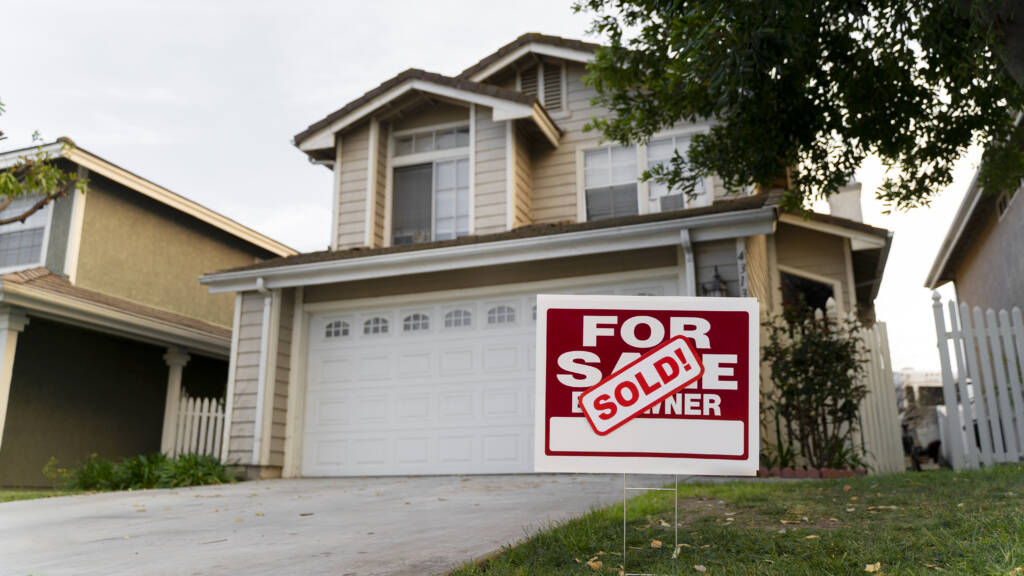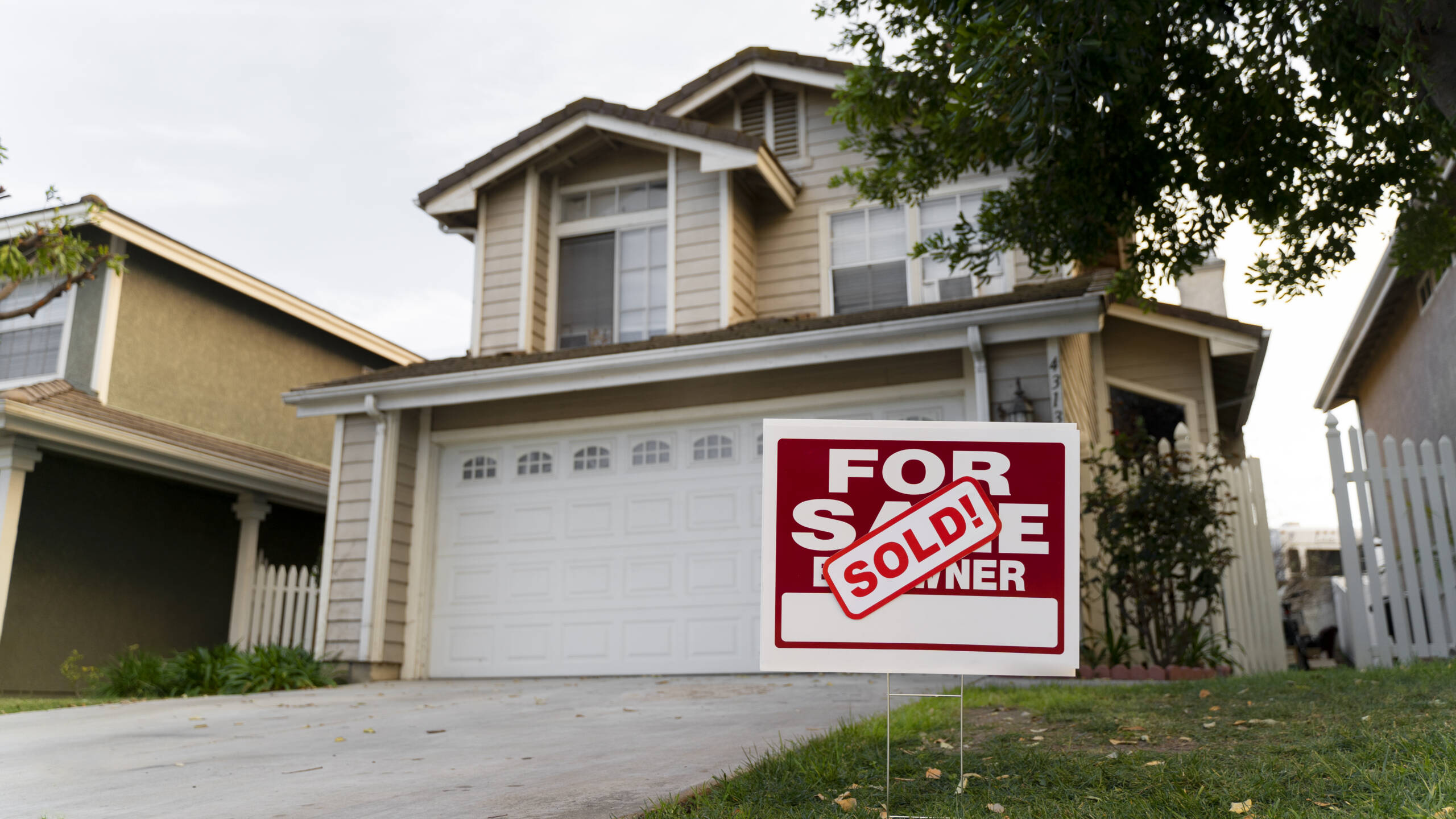given the high interest rates
The concept of owning a home has long been considered a cornerstone of the American Dream—a symbol of financial stability, personal success, and the ability to build wealth over time. However, in recent years, the landscape of homeownership has been significantly altered by rising interest rates, which have made it more challenging for many aspiring homeowners to achieve this dream. With mortgage rates at their highest levels in over a decade, the question arises: Is buying your first house still the American Dream?.

The Impact of High Interest Rates on Homeownership
Affordability Challenges
One of the most immediate effects of high interest rates is the increased cost of borrowing. As mortgage rates climb, the monthly payments for a home loan rise accordingly, which can put homeownership out of reach for many first-time buyers. For those who are already struggling to save for a down payment or manage existing debt, the prospect of taking on a higher mortgage payment can be daunting. In some cases, it may even force potential buyers to reconsider whether homeownership is a viable option at all.
Reduced Purchasing Power
High interest rates also reduce a buyer’s purchasing power, meaning that they can afford to borrow less money than they could at lower rates. This can lead to compromises on the size, location, or condition of the home that buyers are able to purchase. For many, this may mean settling for a smaller or less desirable property, or even postponing the purchase altogether until rates stabilize or drop.
Market Slowdown
The broader real estate market is also affected by high interest rates. As fewer people are able to afford home purchases, demand for housing can decrease, leading to a slowdown in home sales and potentially even a decline in home prices. While this might seem like a silver lining for buyers, it can also indicate a less competitive market, where sellers are less motivated to negotiate on price or offer incentives to buyers.
The Evolving Definition of the American Dream
Shifting Priorities
As financial challenges mount, many Americans are re-evaluating what the American Dream means to them. For some, the dream of owning a home is being replaced by the desire for financial freedom, the ability to travel, or the pursuit of personal passions and experiences. Renting, rather than owning, offers more flexibility and less financial burden, which can be appealing to those who value mobility and are wary of the long-term commitment and maintenance responsibilities that come with homeownership.
Generational Perspectives
Younger generations, particularly Millennials and Gen Z, are increasingly questioning whether homeownership is still the best path to financial security. With the burden of student loans, stagnant wages, and rising living costs, many young adults find it difficult to save for a down payment, let alone commit to a 30-year mortgage. As a result, some are choosing to prioritize other aspects of life, such as career development, entrepreneurship, or building a family, over the traditional goal of owning a home.
Alternative Paths to Homeownership
While high interest rates have made traditional homeownership more challenging, they have also spurred interest in alternative paths to owning a home. Co-buying with friends or family, purchasing smaller or more affordable homes like condos or townhouses, or even exploring options like tiny homes or mobile homes are becoming more popular. These alternatives offer a way to achieve the goal of homeownership without taking on an overwhelming financial burden.
Is Homeownership Still Worth Pursuing?
Long-Term Benefits
Despite the challenges posed by high interest rates, there are still compelling reasons to pursue homeownership. Owning a home can provide long-term financial benefits, such as building equity, potential appreciation in property value, and the stability of fixed housing costs in a time of rising rents. For those who plan to stay in their home for many years, the initial higher costs may be offset by these long-term gains.
Emotional and Psychological Rewards
Beyond the financial aspects, homeownership offers emotional and psychological rewards that are difficult to quantify. The sense of pride, security, and accomplishment that comes with owning your own home can be deeply fulfilling. Having a place to call your own, where you can create lasting memories and build a sense of community, remains a powerful motivator for many people.
Strategies for Navigating High Interest Rates
For those determined to buy their first home despite high interest rates, some strategies can help make the process more manageable. Shopping around for the best mortgage rates, considering adjustable-rate mortgages (ARMs) for lower initial payments, and focusing on building a strong credit score to qualify for better terms are all ways to mitigate the impact of high rates. Additionally, potential buyers can explore government programs or first-time homebuyer incentives that offer assistance with down payments or closing costs.
Buying your first house remains a key component of the American Dream for many, but the current environment of high interest rates has made it a more complex and challenging goal to achieve. While the dream of homeownership is still alive, it is evolving, with many Americans rethinking what it means to own a home and exploring new paths to achieve it. Whether or not buying a home is still the right choice depends on individual circumstances, priorities, and long-term goals. For those who are committed to pursuing homeownership, careful planning, flexibility, and a willingness to explore alternatives will be essential in navigating this new landscape.



